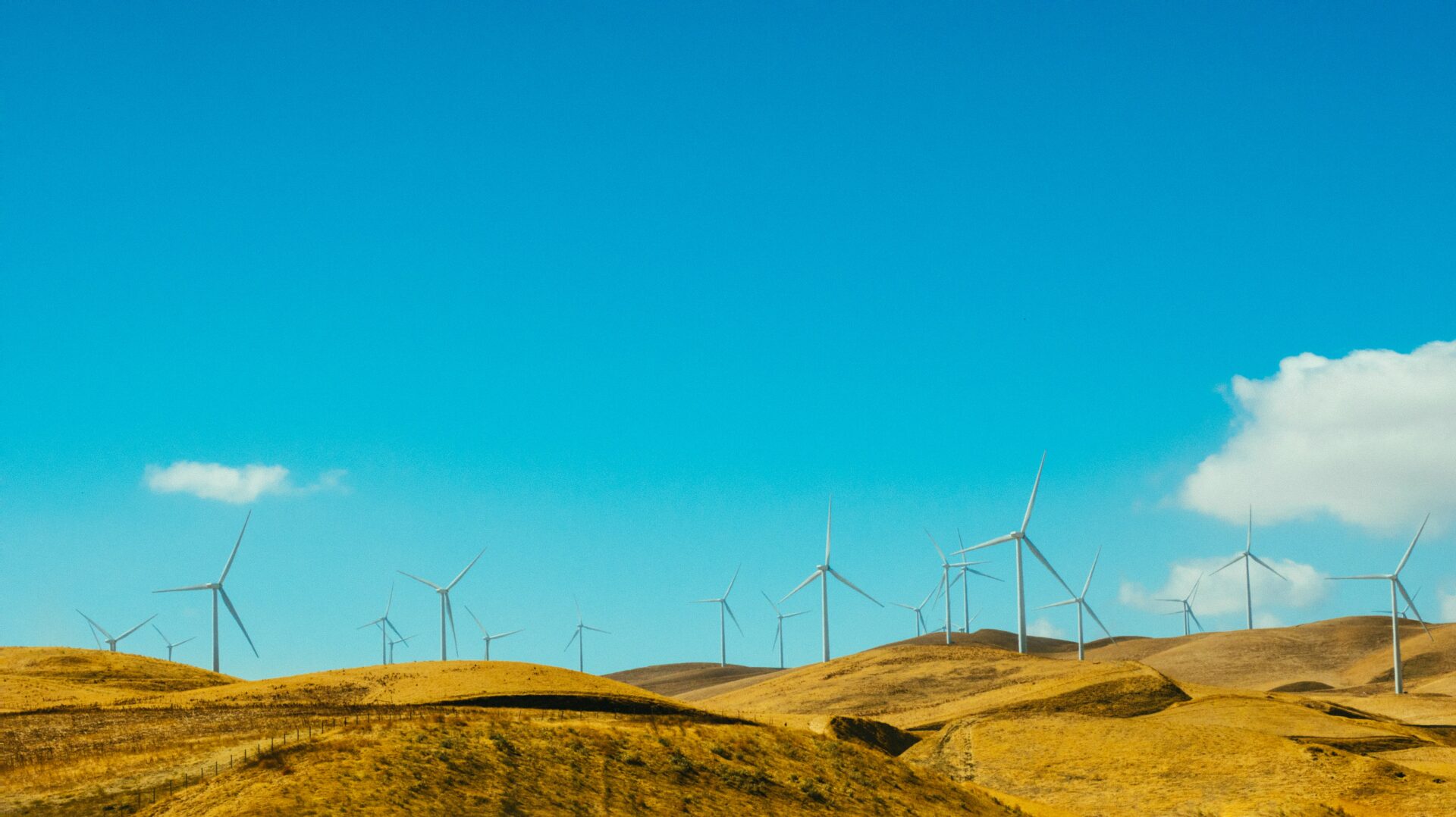The European Bank for Reconstruction and Development (EBRD) will provide a long-term loan of up to $105 million for the development, construction, and operation of 240 MW wind farms in Khizi and Absheron regions.
Local media informs, citing the Bank’s statement, that the approval of the loan by the EBRD Board of Directors is expected on July 20. The total cost of the project is 300 million US dollars.
The Bank is providing long-term financing on terms not available in the local market for this significant infrastructure project, especially given the limited liquidity caused by the COVID-19 pandemic. The construction of these wind farms is the first private financing for a renewable energy project in Azerbaijan.
The borrower of the loan will be ACWA Power Azerbaijan Renewable Energy, a limited liability company established in Azerbaijan by ACWA Power, which sponsors the project.
The EBRD notes that the project will add 240 MW of wind capacity to Azerbaijan’s power grid: “This would help replace natural gas power plants and help meet the renewable energy targets set by the Azerbaijani government in line with the country’s commitments under the Paris Agreement.”
The project also will bring significant environmental benefits, with estimated annual savings of up to 400,000 tons of CO2 emissions, helping the country in its low-carbon transition by reducing its high dependence on heat generation.
The transition impact of the project is expected to be mainly due to its contribution to Azerbaijan’s currently state-dominated energy sector by adding a new private player.
This project is expected to be the country’s first private wind energy project. The project will also introduce a new international energy sector sponsor to the government, marking an important milestone in the development of the energy sector.
The project’s transition impact will also be related to its alignment with the EBRD’s Green Economy Transition (GET) approach, as it will enable the generation of electricity using wind power, which will assist the country in its transition to low-carbon heat generation.”

